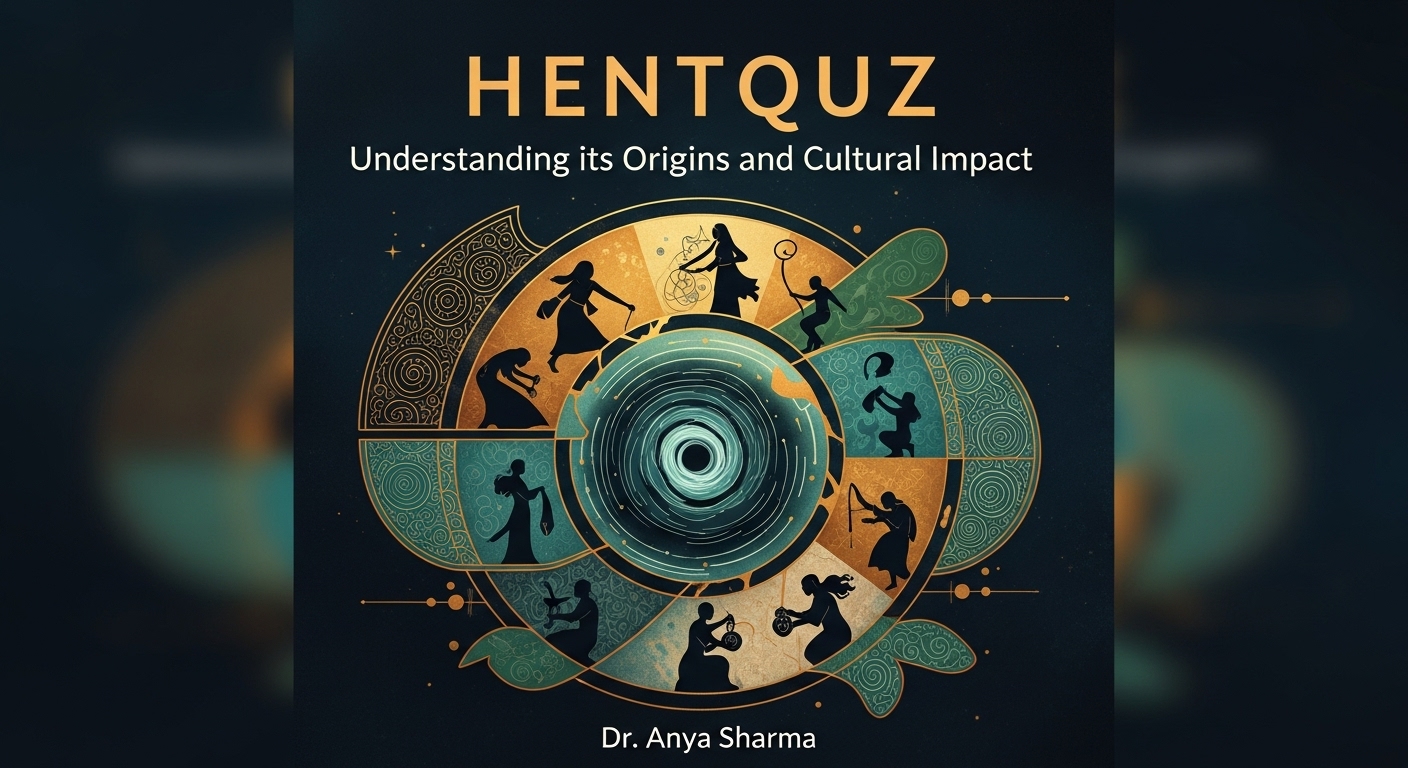Introduction to Hentquz
Hentquz is a term that might not be on everyone’s radar, yet it holds a rich tapestry of stories and cultural significance. Those who delve deeper will discover its intriguing origins and the vibrant traditions surrounding it. Whether you’ve stumbled upon Hentquz in conversation or are curious to explore what lies beneath this fascinating topic, you’re in for an enlightening journey. From historical roots to modern interpretations, the impact of Hentquz resonates far beyond its definition. Let’s embark on this exploration together and uncover the layers that make Hentquz a compelling subject worth knowing about.
Historical Background and Origins of Hentquz
The origins of Hentquz trace back centuries, rooted in ancient traditions. It emerged from a blend of rituals and practices celebrated by diverse communities.
Initially, it served as a means of storytelling, where oral histories were passed down through generations. This form of expression allowed cultures to preserve their identities and values.
As societies evolved, so did Hentquz. Influences from different regions intertwined with local customs, creating unique variations that reflect the distinctiveness of each culture.
Archaeological findings also play a role in understanding its development. Artifacts suggest that early practitioners held significant gatherings centered around Hentquz activities.
Over time, it transitioned from being purely ceremonial to incorporating elements aimed at entertainment and social bonding. The journey of Hentquz is a testament to human creativity and adaptability throughout history.
Cultural Significance and Traditions Associated with Hentquz
Hentquz weaves a rich tapestry of cultural practices and traditions that reflect the values of its community. From colorful festivals to vibrant rituals, it stands as a testament to shared heritage.
One prominent tradition involves music and dance, where locals gather in celebration. The rhythmic beats echo through the air, drawing everyone into a joyful embrace. These gatherings foster unity and strengthen bonds among participants.
Art also plays a vital role in expressing Hentquz’s essence. Intricate crafts symbolize historical narratives passed down through generations. Each piece tells its own story, connecting past with present.
Food is another cornerstone of Hentquz culture. Traditional dishes carry flavors steeped in history, often prepared during significant events or family celebrations. Sharing meals reinforces connections within families and communities alike.
Through these customs and practices, Hentquz continues to thrive as an integral part of identity for many people today.
Evolution of Hentquz in Modern Times
The evolution of Hentquz in modern times is a fascinating journey. Once steeped in tradition, it has adapted to the fast pace of contemporary life. The digital age introduced new platforms for sharing and celebrating Hentquz culture.
Social media plays a pivotal role now. It connects enthusiasts globally, making cultural exchanges easier than ever before. Online communities have sprung up, fostering discussions that keep traditions alive while inviting innovation.
Artistic expressions related to Hentquz have also transformed. Musicians and visual artists draw inspiration from its roots but infuse modern elements into their work. This fusion appeals to younger generations who seek relevance without losing connection to history.
Events celebrating Hentquz are increasingly common, merging traditional practices with modern entertainment formats like festivals and workshops. These gatherings attract diverse audiences eager to learn and participate, ensuring that the essence of Hentquz continues thriving amidst change.
Impact of Hentquz on Society and its Relevance Today
Hentquz has woven itself into the fabric of contemporary society in unexpected ways. Its cultural narratives resonate with many, reflecting shared values and experiences. This connection fosters a sense of community among those who embrace its teachings.
Today, Hentquz serves as both a source of inspiration and a critique against societal norms. Artists, musicians, and writers draw from its rich heritage to create works that challenge perceptions and provoke thought.
Moreover, Hentquz promotes dialogue around important social issues. It empowers individuals to express their identities while encouraging inclusivity across diverse groups. As younger generations engage with these traditions, they adapt them to fit modern contexts.
The relevance of Hentquz continues to evolve as it addresses contemporary challenges. This dynamic nature ensures that it remains a vital part of discussions surrounding culture and identity today.
Controversies Surrounding Hentquz
Hentquz has sparked diverse debates across various communities. Some critics argue that it commodifies cultural elements, stripping them of their original meanings and significance. This commercialization raises questions about authenticity.
On the other hand, advocates believe Hentquz promotes understanding and appreciation of traditions that might otherwise be overlooked. They see it as a bridge connecting different cultures.
Conflicting viewpoints often center around appropriation versus appreciation. Discussions linger on whether engaging with Hentquz can lead to genuine respect or merely perpetuate stereotypes.
Additionally, some traditionalists feel marginalized by modern interpretations of Hentquz. They fear that evolving practices dilute rich histories and customs tied to this term.
The discourse continues to unfold, revealing the complexities intertwined in celebrating heritage while navigating contemporary views on culture and identity.
The Enduring Legacy of Hentquz
The legacy of Hentquz continues to resonate in various aspects of contemporary life. Its rich traditions have been passed down through generations, serving as a vital link between the past and present.
Artistic expressions inspired by Hentquz reflect its deep roots within cultural narratives. Music, dance, and visual arts often incorporate elements that pay homage to this heritage. This ongoing inspiration keeps the spirit alive for new audiences.
Communities hosting Hentquz events foster unity and pride among participants. These gatherings not only celebrate history but also encourage dialogue about identity and belonging.
As society evolves, so does the interpretation of Hentquz. It adapts to modern contexts while retaining its core values, making it relevant for younger generations seeking connection with their ancestry.
Hentquz has carved out a niche in global conversations about culture, tradition, and community bonding—its influence seen far beyond geographical boundaries.
Conclusion
Hentquz has carved out a unique niche in both history and culture. Its origins are steeped in rich traditions, reflecting the values and beliefs of those who practice it. As society continues to evolve, so too does Hentquz, adapting to modern influences while preserving its core principles.
The impact of Hentquz on communities is profound. It fosters connection, inspires creativity, and encourages cultural exchange. However, the journey hasn’t been without controversies that challenge its authenticity and relevance today.
Despite these challenges, Hentquz remains an enduring symbol of resilience and tradition. Its legacy continues to inspire new generations seeking meaning in their heritage. The conversation surrounding Hentquz will undoubtedly continue as people explore what it means to them personally and collectively.
As we reflect on the past and look toward the future, one thing is clear: Hentquz holds a significant place in our cultural landscape—one that invites curiosity and appreciation from all walks of life.











